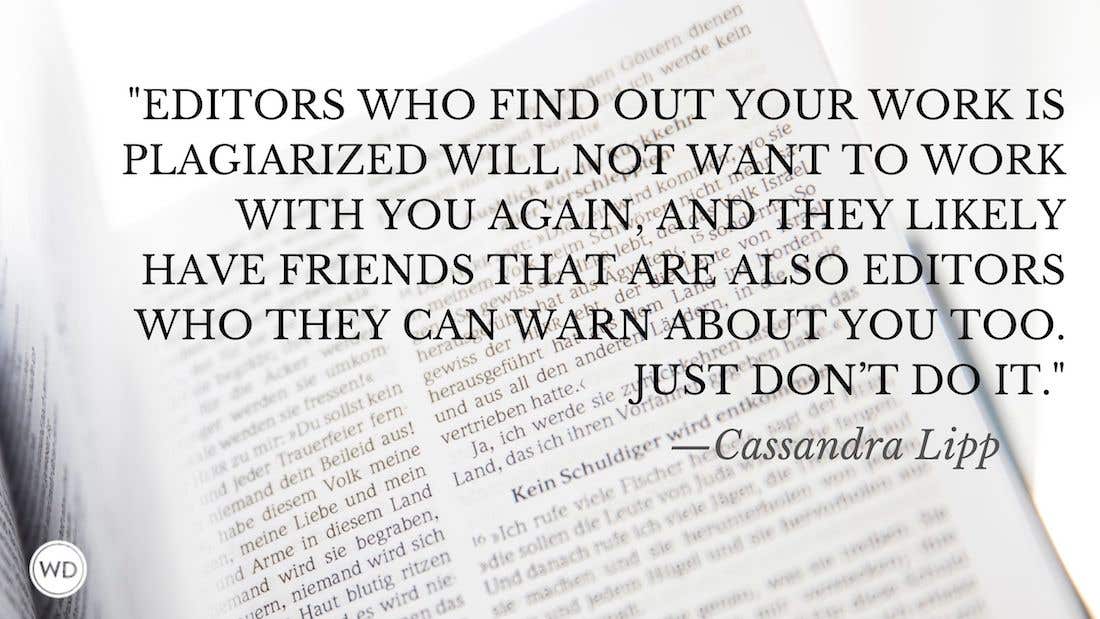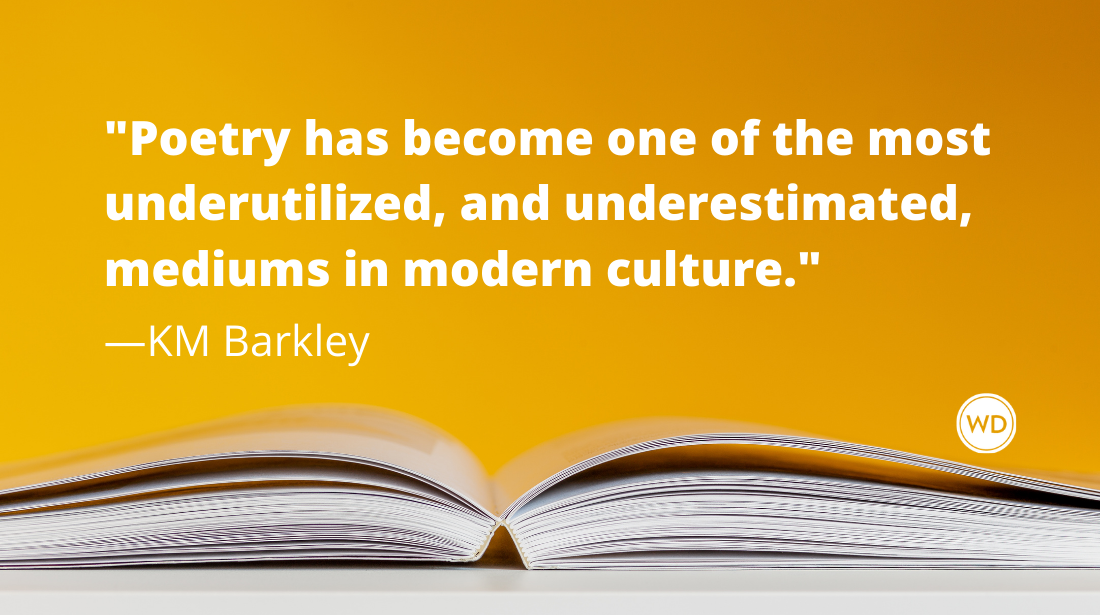Free Poems vs. Copyright Infringement
There’s a battle of opinions regarding copyright at The Guardian. In “You like my poems? So pay for them,” British poet Wendy Cope states her case regarding how copyright infringement…
There's a battle of opinions regarding copyright at The Guardian. In "You like my poems? So pay for them," British poet Wendy Cope states her case regarding how copyright infringement damages the sales of her work. In "Free verse: getting copyright wrong," Oliver Burkeman counters with his arguments.
Meanwhile, the NYT's, "Crossover Dreams: Turning Free Web Work Into Real Book Sales," describes a few success stories. (No poetry books cited, alas.)
I don't have a dog in this fight, since I don't have poetry sales to worry about. (Yes, I've published a couple of chapbooks, but I give most of those away anyhow.) On the one hand, I sympathize with Cope's concern about people not buying the cow when they're getting the milk for free; but fretting about people e-mailing each other your work? I agree with Burkeman's take that it has the potential to build sales (and name recognition) rather than destroy it. And popular thinking about free online content is that it encourages readers to purchase a book. (As someone who has often been influenced by onlilne content not to buy a book, though, I'm on the fence about this thinking.)
Overall, I agree that poetry needs to be shared freely to help build its audience and promote the poets themselves. I'd hate to see the Copyright Police hovering in cyberspace, waiting to swoop in as soon as Aunt Helga e-mails a poem to Cousin Rusty to inspire him after his wife's cancer diagnosis. (Is it also damaging to sales if we bloggers link to poems on The Academy of American Poets or The Poetry Foundation sites or posted on a poet's own site or blog? Lots of issues when you start peeling back all the layers.) There's always that problem with something going viral without being properly credited to the author, such as this piece.
I prefer to believe a poem well received will lead to a reader investigating more of that poet's work; and after reading several pieces individually online, the reader will decide he/she wants those poems, and more, in one easily accessible place, i.e., within the covers of a book. It's still too early to see how this will play out in the real world, but we can all hope.
--Nancy
Robert Lee Brewer is Senior Editor of Writer's Digest, which includes managing the content on WritersDigest.com and programming virtual conferences. He's the author of 40 Plot Twist Prompts for Writers: Writing Ideas for Bending Stories in New Directions, The Complete Guide of Poetic Forms: 100+ Poetic Form Definitions and Examples for Poets, Poem-a-Day: 365 Poetry Writing Prompts for a Year of Poeming, and more. Also, he's the editor of Writer's Market, Poet's Market, and Guide to Literary Agents. Follow him on Twitter @robertleebrewer.








